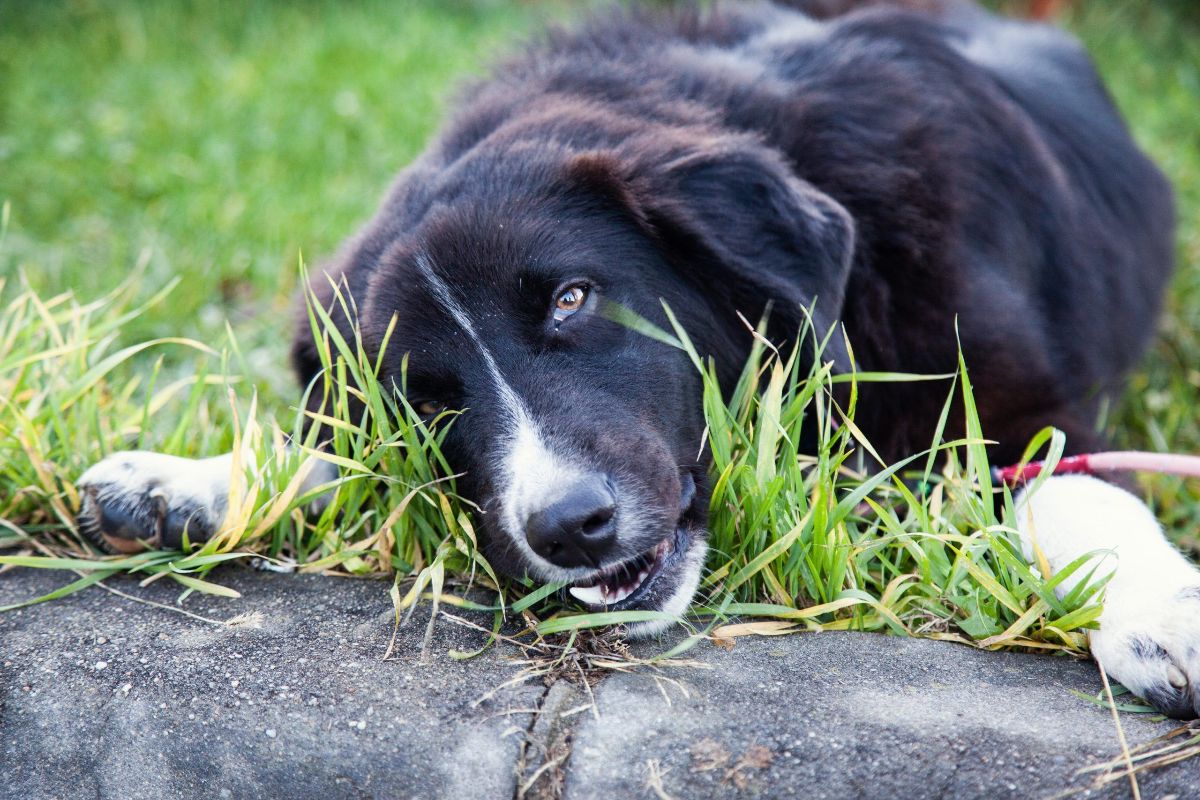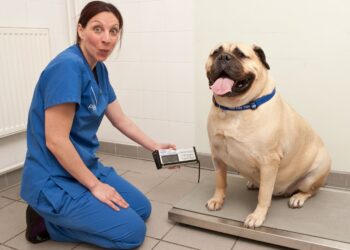Pets are naturally curious creatures, and their inquisitiveness can sometimes lead them into trouble. From ingesting household cleaning products to nibbling on toxic plants, the risk of poisoning is a constant concern for pet owners.
Recognizing the signs of pet poisoning and knowing how to act quickly can save your pet’s life. In an emergency, every second counts, and having a plan in place can make all the difference.
Common Causes of Pet Poisoning
Pets can be poisoned by a wide range of substances found in everyday life. Understanding what these dangers are is the first step toward prevention.
Household Cleaning Products
Many household cleaners contain chemicals that are harmful to pets if ingested or inhaled. Bleach, ammonia, and disinfectants can all cause severe reactions in animals. It’s essential to keep these products in secure areas that your pet cannot access.
Human Medications
One of the most common causes of pet poisoning is the accidental ingestion of human medications. Over-the-counter pain relievers like ibuprofen or acetaminophen, prescription medications, and even supplements can be toxic to pets. Dogs, in particular, may mistake pills for treats, so always ensure that medications are kept in a safe place.
Plants
Many common household plants are toxic to pets. Cats are particularly prone to plant poisoning, as they often nibble on leaves. Lilies, azaleas, and sago palms are just a few examples of plants that can cause severe reactions, including liver failure, in pets.
Food
Certain foods that are safe for humans can be dangerous or even fatal for pets. Chocolate, grapes, raisins, onions, and garlic are well-known offenders, but other foods, such as avocados and macadamia nuts, can also be toxic. Keeping these foods out of your pet’s reach is critical in preventing accidental poisoning.
Rodenticides and Pesticides
Chemicals used to eliminate pests, such as rat poison and insecticides, pose a significant risk to pets. These substances can be fatal if ingested, and even small amounts can cause severe symptoms. Always store pesticides and rodenticides in areas inaccessible to your pets.
Recognizing the Symptoms of Pet Poisoning
The symptoms of poisoning can vary depending on the substance ingested, but common signs include:
- Vomiting or diarrhea
- Drooling or foaming at the mouth
- Difficulty breathing
- Seizures or tremors
- Lethargy or unresponsiveness
- Bleeding from the nose or gums
- Loss of coordination
- Abnormal behavior, such as excessive vocalization or aggression
If your pet exhibits any of these symptoms, you must act immediately. The quicker your pet receives treatment, the better their chances of recovery.
What to Do in a Pet Poisoning Emergency
Stay Calm and Assess the Situation
The first step in any emergency is to stay calm. Panicking will only increase your pet’s anxiety and make it harder for you to think clearly. Try to assess the situation—what did your pet ingest, and how much? This information will be crucial when speaking to a vet.
Contact Your Veterinarian Immediately
Time is of the essence in poisoning cases. Call your veterinarian or an emergency vet clinic right away. Many clinics offer 24/7 emergency care for pets, ensuring that help is available no matter when the incident occurs. If you cannot reach your regular vet, contact a poison control hotline for pets, such as the ASPCA Animal Poison Control Center.
Do Not Induce Vomiting Without Veterinary Guidance
Inducing vomiting is not always the correct response to poisoning. In some cases, it can cause more harm than good, especially if the ingested substance is corrosive. Always consult a vet before attempting to induce vomiting.
Bring the Suspected Poison with You
If you know what substance your pet ingested, bring the container or a sample with you to the vet. This will help the veterinary team quickly determine the best course of treatment. Whether it’s a household cleaner, food, or medication, having the exact product on hand can be critical in saving your pet’s life.
Follow Your Vet’s Instructions
Your vet may instruct you to administer first aid at home before bringing your pet in for treatment. This could include giving activated charcoal or other remedies designed to bind toxins and prevent further absorption. Always follow your vet’s instructions carefully.
How to Prevent Pet Poisoning
While emergencies can happen even to the most vigilant pet owners, there are several steps you can take to minimize the risk of poisoning.
Pet-Proof Your Home
Just as you would childproof your home for a toddler, you should pet-proof your living space to keep dangerous substances out of reach. Store medications, cleaning products, and food items in cabinets or on high shelves. Use childproof locks on cabinets if necessary to prevent inquisitive pets from accessing them.
Be Cautious with Plants
If you enjoy having plants in your home, be sure to research which ones are safe for pets. Consider opting for non-toxic plants like spider plants or Boston ferns, and remove any potentially harmful greenery from your living space.
Regular Vet Check-Ups
Routine pet check-ups are essential for your pet’s overall health and well-being. Regular visits allow your vet to catch any potential issues early and provide you with guidance on how to keep your pet safe from common household dangers. During cat wellness exams and other routine visits, your vet can also assess your pet’s environment for poisoning risks and offer advice on prevention.
Educate Yourself About Pet Toxins
Make a habit of educating yourself about what substances can be harmful to your pet. Familiarize yourself with common household items, foods, and plants that are toxic to animals. The more informed you are, the better equipped you’ll be to protect your pet.
The Importance of Fast Veterinary Care
In a pet poisoning emergency, immediate medical attention is critical. Clinics like URvet Care, which provide emergency vet care around the clock, can be lifesavers in these situations. With advanced specialty treatments and a home-like environment, veterinary clinics that focus on stress-free experiences ensure that your pet receives both the physical and emotional care they need during a crisis. Their veterinary surgeons and staff are equipped with the latest diagnostic technology, ensuring swift and accurate treatment to get your pet back to health.
Knowing how to handle a poisoning emergency and taking steps to prevent one can make a world of difference for your pet’s safety. Being proactive and prepared is the best way to ensure that your furry friend stays out of harm’s way.









